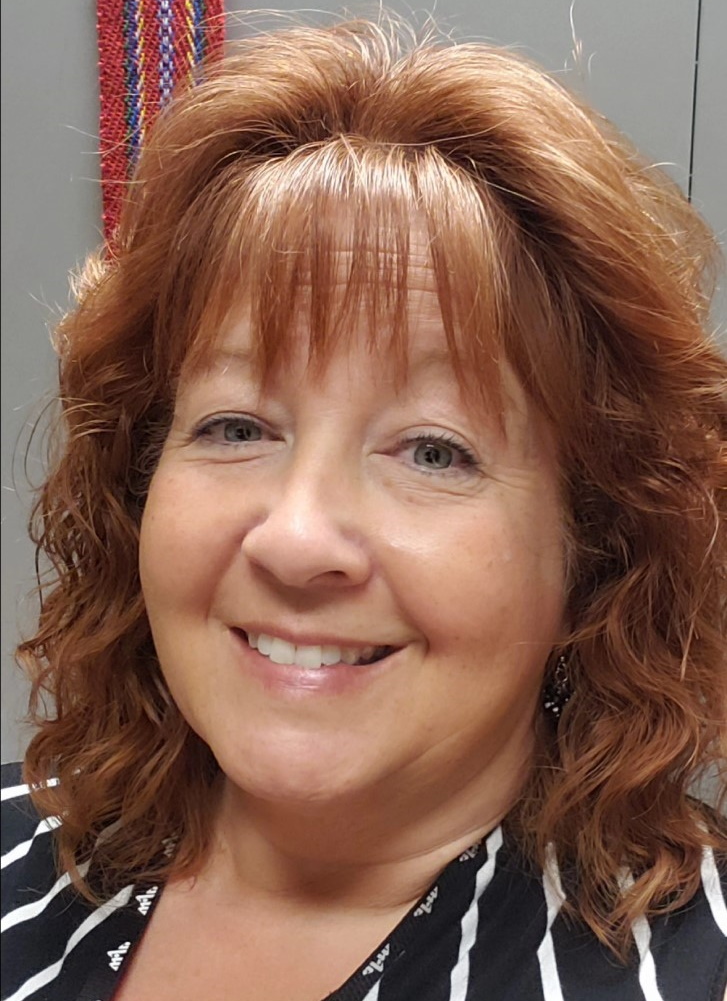Heading into the summer months, Morden Police Chief Brad Neduzak shared a bit about a rising trend in the Pembina Valley.
"Over the last several months, we have seen an increase in the number of impaired drivers and alcohol-related offences, and for this, there could be several different reasons for it, and different influencers when it comes to these incidents."
He stated one main reason for increased impaired charges is new legislation introduced in 2018-19 called "Immediate Road Side Prohibitions," allowing police services to issue roadside screening at the time of offence, as well as fine and suspend impaired drivers at the scene.
Neduzak added a couple more reasons include enforcement check stops and programs through Manitoba Public Insurance (MPI) increasing, and the pandemic has had an effect on people, adding they are ready to get out and enjoy life more than before. He reminded people to make good decisions early in the evening, and to plan for a ride home.
"People right now are anxious to get out, and probably start enjoying life a little more. So, unfortunately, we need to start, perhaps, with our education again, reminding people when they are out enjoying some beverages they make some plans ahead of time to get home safely, and not take any chances of getting behind the wheel to drive. These incidents come in waves. Unfortunately, we're in a bad area right now as far as impaired driving and alcohol-related offences."
Neduzak recognized the effects of the pandemic on people's ability to navigate through the unprecedented time, and encouraged us to check on family and friends who may be dealing with addictions to cope with life, and to encourage them to find the help they need to make good choices, especially regarding driving when impaired.
Addictions Foundation Manitoba (AFM) Counsellor Stacey Brimson confirmed many people were stressed, afraid and isolated during the pandemic, and some turned to substances to try to manage all that, adding recovery from addiction doesn't happen overnight.

"We stress that a lot with our clients, that it's a process. It's not a place you go to with people, so we give you recovery. It starts with a decision to make a change, and acceptance you do need to make a change here, and making a decision for doing something differently in your life, a whole lot of things differently in your life sometimes, and that recovery can be bumpy sometimes. There's ups and downs, and maintaining change can be a challenge, and that you don't have to do it alone."
Brimson noted AFM is seeing more complex addictions coming out of the pandemic, and people are now reaching out for help. AFM counselling is available at Pathways Community Mental Health Office in Winkler, serving the Pembina Valley.
During the pandemic, Southern Health-Sante Sud opened a Rapid Access Addiction Medicine Clinic (RAAM) in Portage La Prairie.
RAAM Health Nurse Jenna Pallister said while they can't compare the increased need to pre-pandemic times, she said the addition of a RAAM CLINIC in the region came from a need that was identified.
"In terms of COVID, for sure, it's had a significant effect on everybody, but especially those who struggle with drug and alcohol misuse. Our team at RAAM has seen the added layers of stress on our clients, and since we operate a clinic setting, we have been doing in-person services the whole time, because we need those physical assessments, and for what we need for treatments and in-house treatments as well as medication, but for follow up appointments, we've offered phone, phone and virtual follow-ups for ease of access to our care."

RAAM is a no referral, no appointment and no wait time treatment centre providing non-judgmental, personalized care based on relationships with health care professionals in a patient-centered way, Pallister shared.
"In response to an initial assessment by the nurse, we can talk about your addiction, your history, and the team just explores each client's unique concerns, and then together we create a plan for treatment dependent on the client's goals, and then this includes, but isn't limited to, medications to help with withdrawing cravings and medical and physical assessments assistance with community connections, arranging detox and treatment."
Pallister added, "Everyone's readiness and motivation for change is different, and it's not always kind of a straight line, so we offer all sorts of other options for other than treatment management, so harm reduction supplies. STBBI (Sexually Transmitted and Blood Borne Illnesses) training, naloxone kits, food, clothing, community gardens, things like that for people to access."
When responding to the question, "Why can't people just quit?" Pallister had this to say.
"To understand why people can't quit is a big step forward in reducing the stigma. Some people, and many people can quit, but the journey depends on factors such as which substance, how long they used, how often, as well as mental health, and the person-environment and supports. So, the vast majority of people who try substances do not become addicted, however, genetics and environmental risk factors can make people more vulnerable to addiction, where dependency takes over, and it becomes a need, rather than to feel the actual pleasurable effects. That being said, advancements in research, treatment, counselling, medication, education, addiction is treatable, and it's amazing who's on this, who's taking action, there's more hope now than there's ever been."
